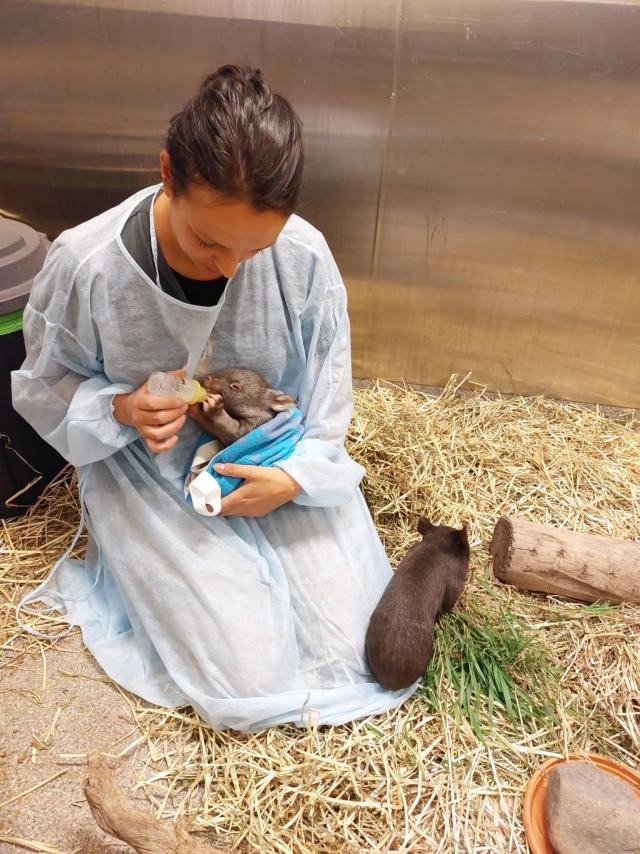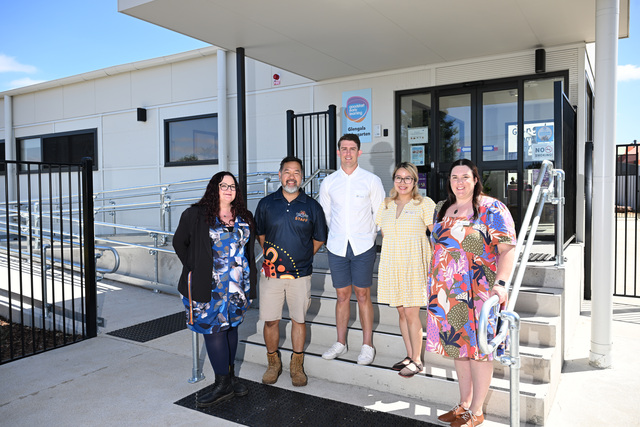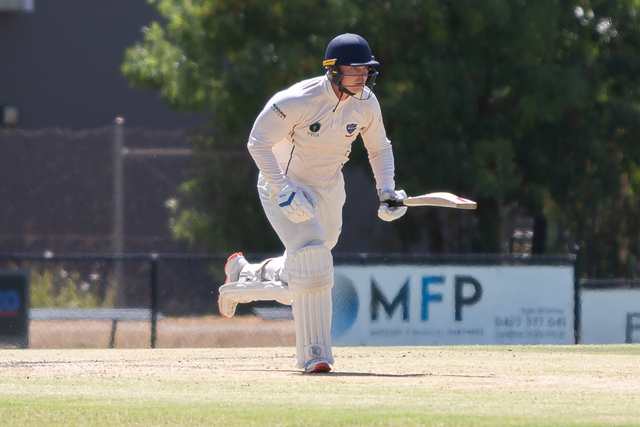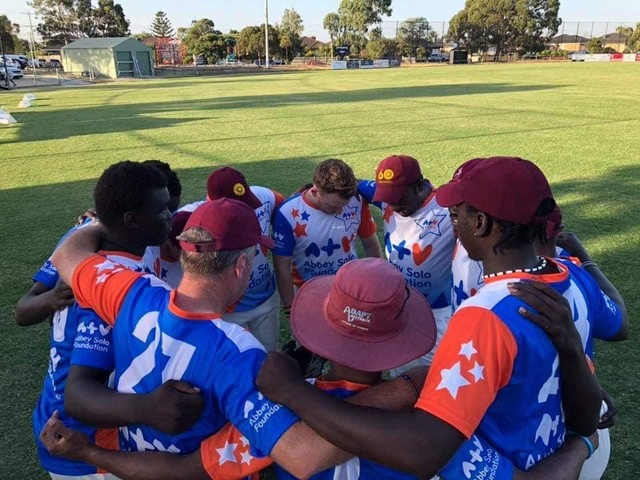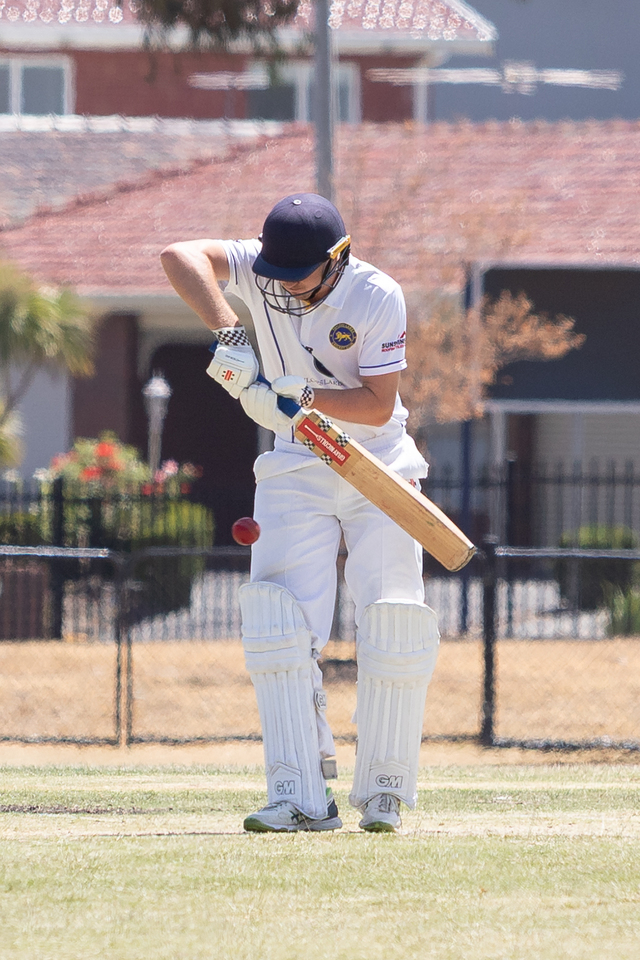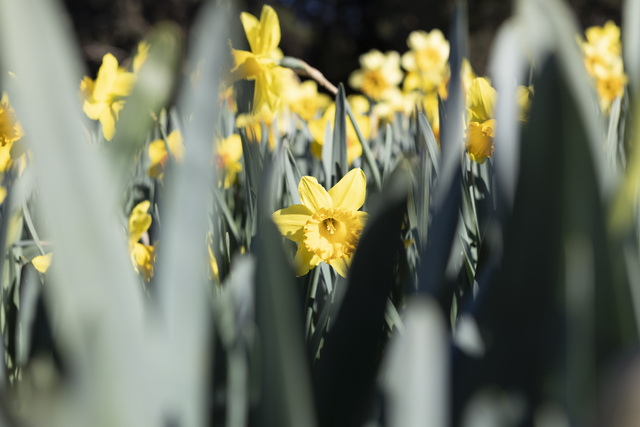An orphaned wild wombat joey with a life-threatening stomach condition is back waddling through grass again following treatment by Werribee Open Range Zoo veterinarians and a remarkable recovery with a wildlife carer.
The female Common wombat – affectionately named Fern – was found alone and weak by a member of the public near Beechworth in north-east Victoria and taken to a local wildlife carer in May.
The joey, weighing a slight 1.77 kilograms, was promptly transported to Werribee Open Range Zoo for critical medical assessment.
Upon arrival, Fern immediately underwent a series of tests including X-rays, ultrasounds and blood tests, which revealed a problematic bacterial infection requiring life-saving medical treatment.
Werribee Open Range Zoo veterinarian Dr Jen O’Dwyer said the sick marsupial had not been drinking milk – an important source of energy, calcium and protein to support growth during early life development – and had also developed severe diarrhoea.
“We don’t like to see these kinds of issues in younger wombats, but they can occur because of stress, inappropriate diet and other factors,” Dr O’Dwyer said. “To commence her recovery, we provided antibiotics for the bacterial infection, and intravenous fluids and oral rehydration therapy to assist with dehydration.”
As Fern’s health began to improve, her diet included specialised supplementary milk and fresh grass, dirt, roots, and bark.
“One of our vet nurses acted as a foster mum, providing Fern with daily milk feeds from a bottle,” Dr O’Dwyer said.
“Fern was also taken outside regularly into a grassy rehabilitation enclosure to roam and forage with the nurse’s guidance.”
Following Fern’s rehabilitation at the zoo, she has spent six months being nurtured by a wildlife carer from Reach Out Wildlife Australia (ROWA).
This period included two return visits to the zoo to support Fern’s ongoing recovery.
“Fern is tracking beautifully at the moment and has moved to a pre-release enclosure with her wildlife carer, so we’re really optimistic for her future,” Dr O’Dwyer said.
“Health permitting, she will be released back to where she was originally found once she is old enough to be able to fend for herself in the wild in the coming months.”
Dr O’Dwyer said there are some simple actions the community can take if they encounter a wombat in distress in the wild.
“There’s been a lot of rain throughout the past few weeks and wombats are a burrowing species, so it’s possible members of the public may come across displaced adult and juvenile wombats,” Dr O’Dwyer said.
“If you’re seeing wombats under the size of the football, I would be concerned if there’s no mum or burrow around.
“Wildlife can become highly stressed with human approach, especially wombats, so it’s always important to keep your distance. Please contact Wildlife Victoria or your local wildlife carer who will be able to provide expert advice about the best course of action to take.”

